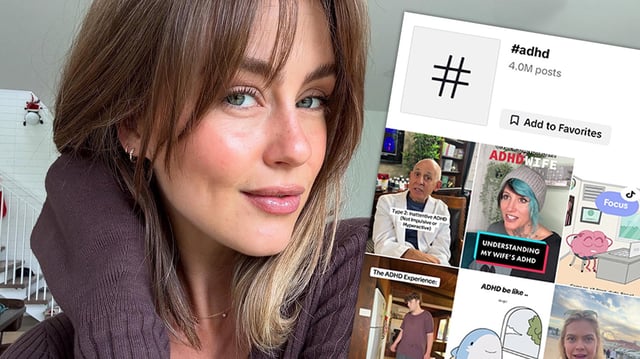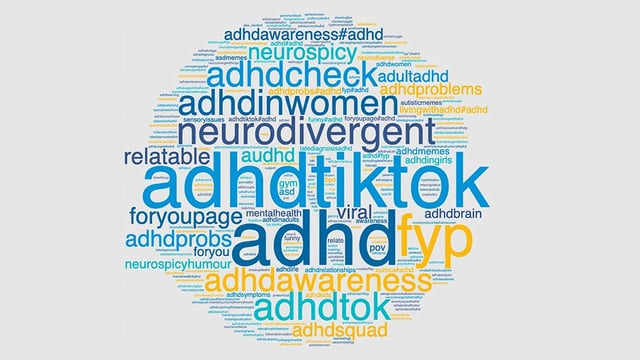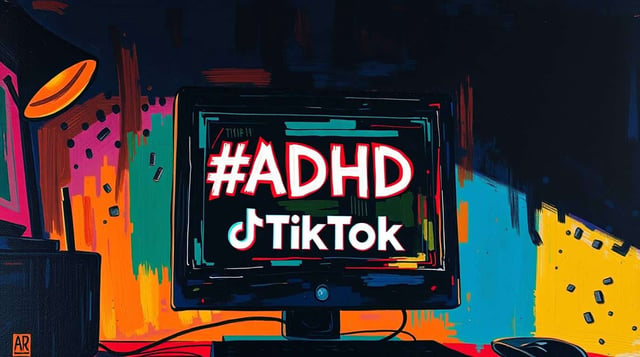Overview
- Researchers found that fewer than 50% of the top 100 ADHD TikTok videos adhered to clinical diagnostic criteria, often misrepresenting symptoms.
- Young adults rated inaccurate ADHD videos higher than accurate ones, highlighting a gap between professional and public perceptions of content reliability.
- TikTok's algorithm prioritizes engaging and relatable content, frequently at the expense of scientific accuracy, with many creators lacking formal mental health credentials.
- Barriers to professional ADHD diagnosis, including cost and long wait times, drive some individuals to seek information on TikTok despite risks of misinformation.
- While TikTok can help raise awareness and reduce stigma, experts stress the importance of verifying ADHD-related content through professional sources.



